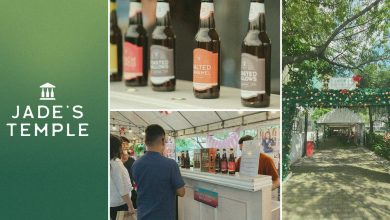GLOBAL, OCTOBER 14, 2010 – In the most comprehensive study global opinion leaders and word of mouth to date, BBC Worldwide, Carat, and The Future Foundation have found that opinion-leading social media users are more engaged with mainstream media brands.
The study examined the information sharing habits of 9,000 opinion leaders in nine countries in response to brand activity, news and personal experience across the web, online social networks, email, SMS, phone and face to face. Opinion leaders are defined as those who regularly spread ideas and opinion across their social networks and are recognized by themselves and others for this.
The study outlines three inter-related groups driving conversation on stories:
-Hub Urbanites who share information via social media and instant messenger. They start discussions on stories in order to increase their profile.
-Email Evangelists who share via email and SMS through their large, diverse networks. They reach people Hub Urbanites can’t or won’t and do it to educate and inspire.
-Offline Influencers who are the majority who have small networks and share face-to-face or over the phone.
For all three groups, TV (45%) is the main source for breaking news, with radio (15%) playing a key role. However, 29% of Email Evangelists and 30% of Hub Urbanites discover news online. Opinion Leaders across all three groups turn to established media brands online when they come to research a story: 74% of Hub Urbanites, 66% of Offline Influencers and 61% of Email Evangelists say they use major international news sites.
Commented Chris Dobson, EVP and General Manager, BBC Advertising: "Our study has shown that it’s trusted quality digital media, not user generated content, that first triggers word of mouth,brand desire/perceived value and advocacy and marketers should be encouraged to integrate and spark those conversations themselves in the first instance."
"This new study challenges some emerging myths around earned media and makes it clear that the twitterati aren’t universally powerful. Brands need to think carefully about the who, why and how of influencers, while recognising that face-to-face communication remains incredibly powerful" said Caroline Vogt, Head of Insight, Aegis Media Global.
Other key findings include:
-The spread of word of mouth is largely positive (64%). Only 2% are negative, while 28% neutral.
-Trust matters to Opinion Leaders are trusted people. 79% of Opinion Leaders place trust in personal recommendation when researching/ considering purchasing products.
-Specialist Opinion Leaders in certain categories such as Food & Drink, Luxury Goods and Finance are particularly influential. 58% of Opinion Leaders pass on information about Luxury Goods, yet 64% of Opinion Leaders have made a direct ‘Luxury’ purchase as a result of information from others.
-The proportion of international contacts in an opinion leader’s network is higher in emerging markets with transient and diasporas populations such as India, Hong Kong and UAE (30 – 40% vs UK 19%). These markets tend to have larger, technology-driven networks with a higher proportion of Hub Urbanites and Email Evangelists (India 65%, UAE 52%, HK39% vs UK 30%).
-Opinion Leaders in India and Hong Kong have a higher than average number of contacts at 103 and 100 respectively, compared to the average 70.








